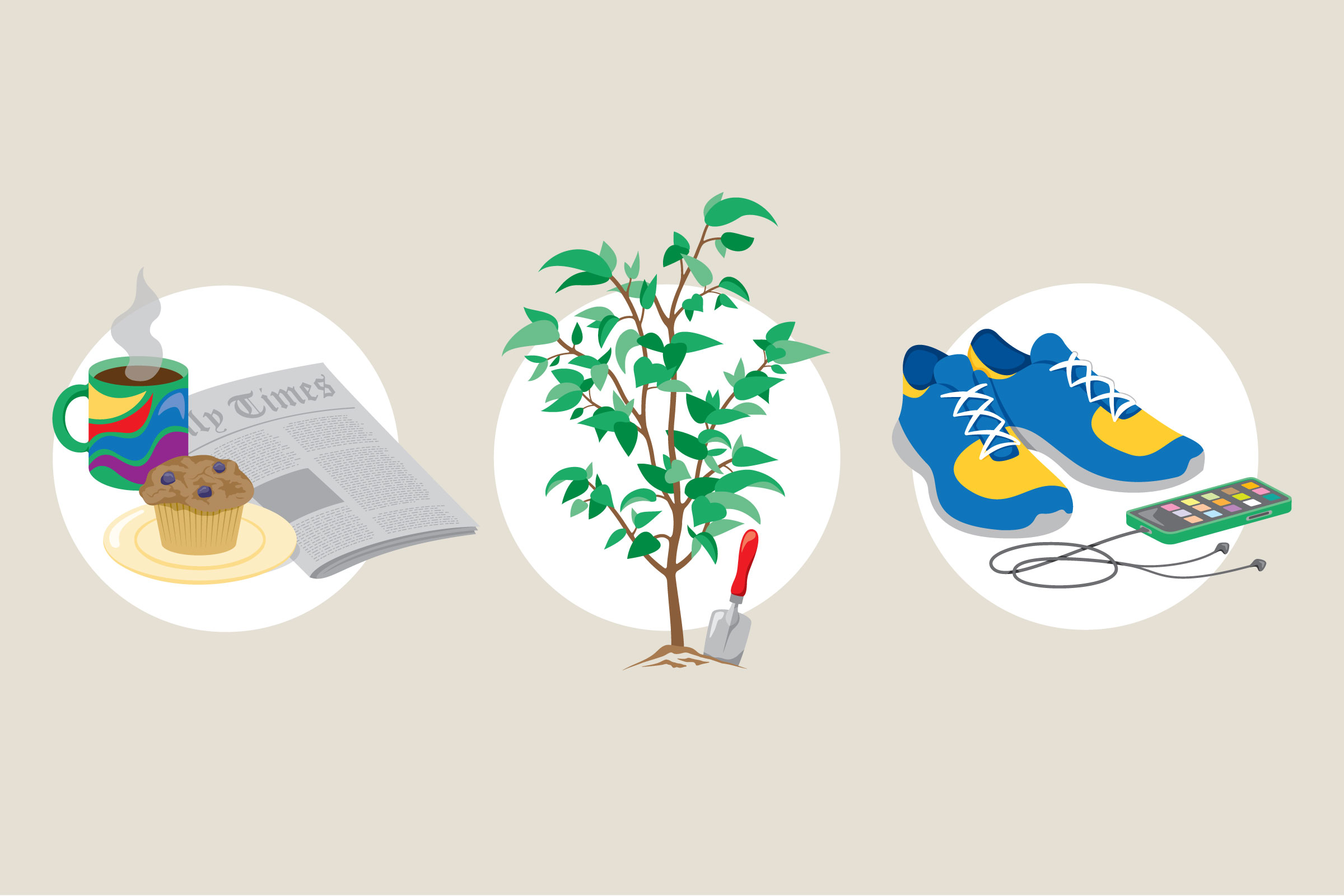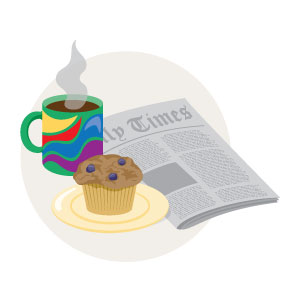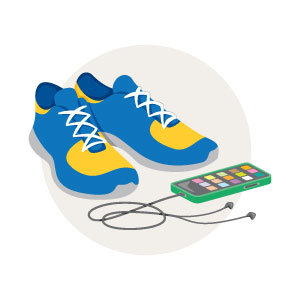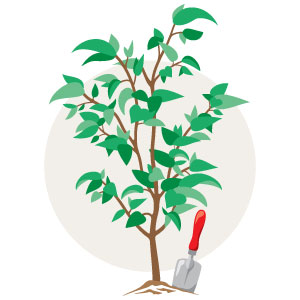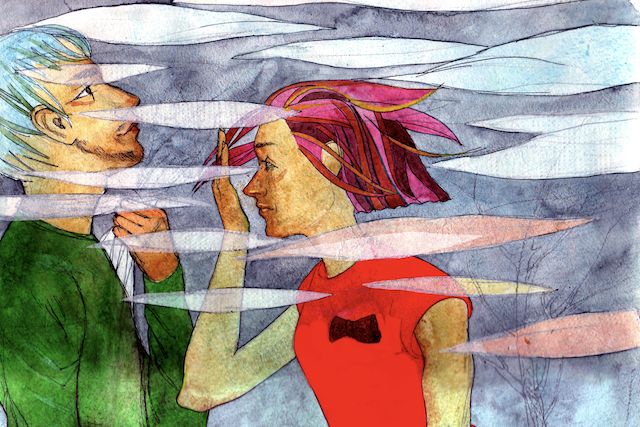We are all
s h a t t e r e d
in so many places
we can barely call it
B r O k e N e D
so we reframe it and call it
R E G R E T S
and not always the ones that
Frank Sinatra
belts out in
MY WAY. . .
which is exactly why we need to understand
How Regrets Can Help You Make Better Decisions
A new book explains what makes people prone to regret and how it affects our lives, for better and worse.
:
Have you ever regretted something you did or didn’t do in life?

If you’ve lived a long life, you probably carry many regrets, large and small. Some of my own regrets relate to my career (why did I never become a teacher and a basketball coach; a full-fledge writer), past relationships (why did I lose a good friend over a small disagreement), and parenting (why didn’t I respond instead of react well to my kid’s worries and unmet expectations?). No matter the regret, it’s hard not to wonder how things might have turned out if I’d only made a different—and better—choice at the time. I thought I was reading this book to help some of the patients I families I meet every day in the hospice setting. . .well. . .
Ruminating on past mistakes is a downer and can lead to depression or anxiety if it continues unabated. But a new book by psychologist Robert Leahy, If Only…Finding Freedom from Regret, suggests that regrets don’t always have to bog you down. If you understand how regrets work, recognize their effect on your decision making, and find ways to manage life’s inevitable disappointments, you can suffer less from regret and, instead, use your regrets as helpful guideposts for your life.
“Regret is a part of life, but it doesn’t have to take over and hijack you,” he writes.
The nature of regret
Regret can come in different forms—for something we did (like overeating or hurting our loved one) or something we didn’t do (like not graduating from college or not asking someone out on a date). Most people have a mixture of both types, though the latter tends to make us feel worse, writes Leahy.
According to research, the most common sources of regret involve our education, career, romance, and parenting (in that order). That’s because we tend to regret things that reflect bigger concerns and opportunities in life, rather than what we ate for breakfast.
Culture can affect how people experience regret, too, with people from more individualistic cultures usually having more regrets about their personal situation (like achievement or career) and those in collectivist cultures having more regrets about their relationships. And women and men differ some in how they experience regret, with women typically regretting romantic and sexual relationships more than men and men regretting inaction more than action.
Regret is associated with unpleasant emotions, like sadness, disappointment, guilt, and shame. But people also regard it as one of the most beneficial negative emotions, because it can be instructive. For example, if we regret how we behaved the last time we drank too much, we’re less likely to order a third round the next time we’re at the bar. Or, if we regret yelling at our child when angry, we may take a breath the next time we’re upset and respond with compassion.
Our regrets can teach us about ourselves, help us to avoid repeating mistakes, and encourage us to make better decisions in the future. On the other hand, if we use our regrets to beat ourselves up, or if we ignore them completely, they will not lead to growth. The key is finding the right balance, says Leahy.
“Regret doesn’t have to lead directly to self-recrimination,” he writes. But “never feeling regret is not a sign of wisdom or righteousness. It may be a sign you don’t learn from your mistakes.”
Why some people suffer from regret more
Some of us are more prone to regret than others, and Leahy provides multiple questionnaires within his book to help you identify where you fall on that scale. Though there is no way to eliminate regret completely—and the world would be worse if we did—there are factors that increase our chances of experiencing regret in a more negative way and suffering from it, says Leahy. Here are some of those risk factors.
Not tolerating ambivalence. Many life choices have pros and cons, and there are no guarantees about the future. But, if you can’t stand uncertainty, you are bound to avoid making hard choices, leaving you vulnerable to later regrets.
 If Only…Finding Freedom from Regret (The Guilford Press, 2022, 246 pages).
If Only…Finding Freedom from Regret (The Guilford Press, 2022, 246 pages). Falling prey to biases. We all have cognitive biases, but some influence regret more than others. If you suffer a lot from negativity bias (discounting or not even seeing the positives in your life), black-and-white thinking (thinking things are either all good or all bad), or catastrophizing (thinking that if something goes wrong, you won’t be able to handle it), it’s bound to affect how much you suffer regret.
Worrying about “buyer’s remorse” or how bad we’ll feel in the future. If you’re the kind of person who often anticipates feeling awful for making a choice, it may keep you from deciding on a course of action that could bring you happiness, increasing the potential for regret.
Having too many choices. “Regret is an opportunity emotion—the more opportunity we see, the more likely we are to regret something,” writes Leahy. For example, a college graduate with multiple job offers might regret taking one over another, especially if it doesn’t pan out. Having too many choices increases your potential for making the “wrong” one.
Being a perfectionist. If you expect to have an ideal, happy life all of the time and are not easily satisfied, you will be more prone to regret. “Maximizers” (people who seek out optimal outcomes) tend to feel more regret than “satisficers” (people who are content with good-enough outcomes), unless they can take steps to lessen their maximizing tendencies.
How regret can guide our decisions
“Regret is a possible element of any decision that we make,” writes Leahy. “But the likelihood that you will regret your decisions will depend on how you think about making your decisions and how you cope with living with the result.”
If you’re someone who lets past regrets fester in your mind, Leahy recommends that you fight against irrational thinking and think more realistically about where you are in life. He suggests using approaches from cognitive-behavioral therapy to question your assumptions. Here are some of his tips.
Remember that you don’t know things would have turned out better.If you imagine your life would have been better “if only…,” keep in mind that your assumption is not based on real evidence. Instead of focusing on where you might have been, turn toward the future and remember it can change based on the choices you make now.
Focus on the positive aspects of your current life, to balance out the negative feelings that come with regret. Your negativity bias can keep you preoccupied with what’s wrong rather than what’s right. So, it’s a good idea to practice gratitude for the good in your life—even for the small, simple things.
Don’t forget that sometimes things don’t turn out the way you wanted them to, even with your most thoughtful planning. Life can hand you lemons, but that’s not necessarily your fault. You cannot be omniscient; so, you need to accept that sometimes you will regret your choices. But that doesn’t mean you should criticize yourself endlessly. Better to learn from your mistakes than to punish yourself.
Accept tradeoffs and compromises. Not everything has to turn out just the way you wanted it to. You will stymie your progress if you insist otherwise and make yourself miserable in the process. So, aim to be a satisficer rather than a maximizer.
Overall, Leahy advises that, once you’ve learned whatever lessons regret can teach you, you can let go of unrealistic expectations about what might have been, enjoy your life as it is, and start planning for a better future.
“Look around you at what is in the present moment and hold on to it with a warm embrace,” he writes. “Because your regrets will only keep you from what you have and who you are and trap you in a fictional world that never was—and never could have been.”
Life isn’t always
(forgive the pun)
CRACKED UP
what it’s suppose to be
but then again. . .
when it comes at us in
BITE SIZE
Pieces
We have a better way of
NOT REGRETTING
and savoring all of the goodness out of it
we can. . .


